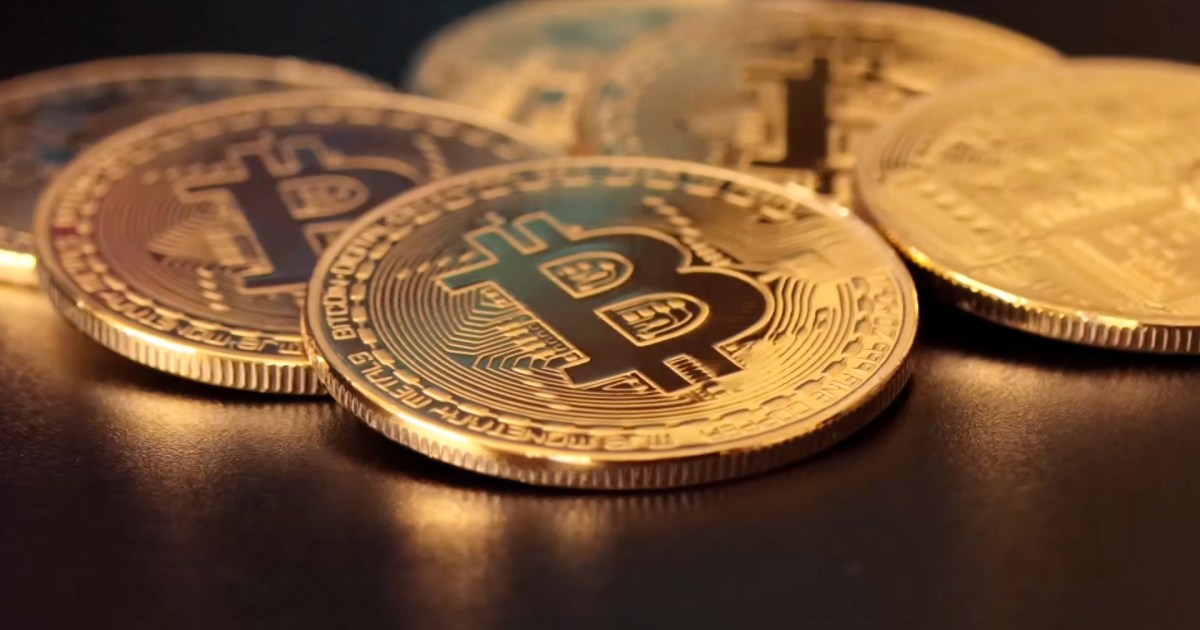Nearly $100 million in cryptocurrency has flowed into Ukraine in recent weeks, according to Ukraine's Deputy Minister for Digital Transformation Alex Borniako.
Naturally, cryptocurrency proponents are touting these donations as proof of the concept they have been trying to convince the rest of the world with, which is how important it is to adopt digital currencies in transactions to ensure their smoothness and security.
In her report published by the American newspaper "Washington post", author Molly Roberts says that a large part of the help the world is providing to the besieged Ukraine came in the form of inflows of cryptocurrencies.
Ukraine's willingness to embrace this wealth is due to the fact that it ranks fourth in the world in terms of its adoption of digital currency, and the government's appointment of a deputy minister specialized in digital transformation.
According to Michael Chobanyan, who runs the Kiev-based cryptocurrency exchange Kuna, Ukraine offers “the perfect balance between sheer chaos and possibilities.”
Last week, the Verkhovna Rada legalized the cryptocurrency market and an electronic version of the Ukrainian hryvna currency is expected to be launched.
Cryptocurrency capital of the world
In a report titled “The Crypto Capital of the World” from November, The New York Times highlighted the campaign to turn Ukraine into the center of the blockchain economy.
Non-dollar flows to Ukraine are increasing, such as Bitcoin, Ethereum and Tether, with more than 180 digital artworks donated so far as non-fungible tokens.
But what can Ukraine do with these symbols?
In fact, they can only profit from it to a small extent, except to sell it for cryptocurrency, and then sell the cryptocurrency for an actual legal tender.
CoinDesk reports that Ukraine has used the cryptocurrency to purchase fuel, food and other "non-combat" supplies, including flak jackets and night-vision goggles, from military suppliers that accept them.
The Kona exchange helps the government convert digital currencies into cash.
This real money is more useful, especially when combat supplies are exactly what the country needs.
But the process of converting digital currencies into real money obscures the most important feature of digital currencies, which is the “transparency” provided by the immutable recording of transactions on the blockchain.
Donations Opportunity
Suppliers that accept cryptocurrencies may no longer hold them.
As long as conversion is necessary, does encryption really promise to make things right or reduce "friction"?
After all, Ukraine can get aid from across the traditional global financial system, including through online fundraising, a privilege that Russia is denied.
For crypto proponents, donations are an opportunity to promote their holdings as a force for justice, and for a government already well versed in wooing these speculators, it is an opportunity to attract much-needed money from a class that has plenty of it.
There is nothing wrong with taking advantage of the bewildering mix of true faith and self-promotion fervor that underpins the cryptocurrency market.
It is better to spend bitcoins on buying bulletproof vests than on non-fungible tokens.
However, the author believes that the current hype is not a sign that we will depend in our future lives on the blockchain.

